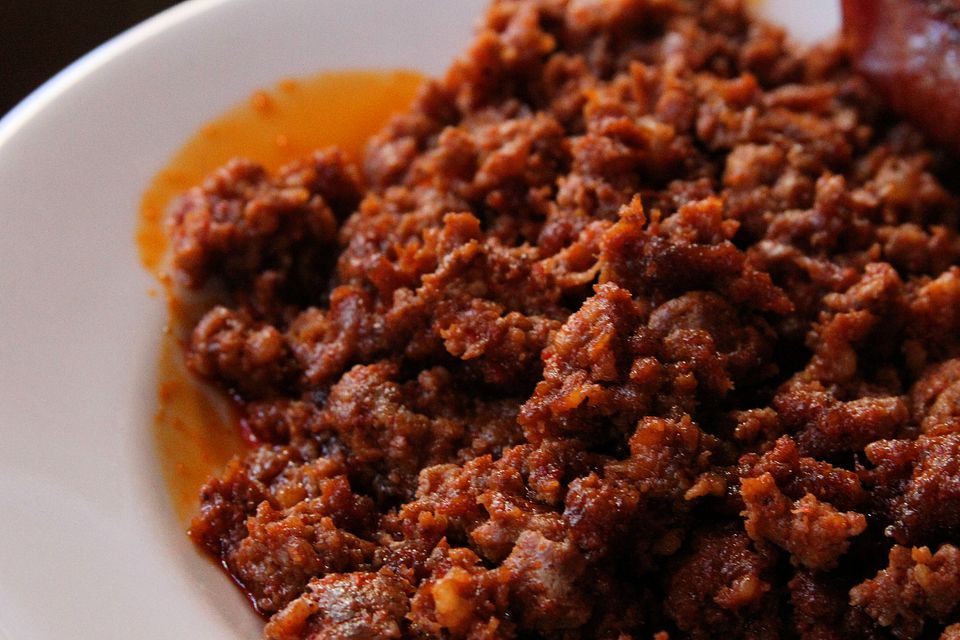Dave wrote:Cosmic custard from Mexico... now, I know I didn't just invent flanspermia theory, but I rather wish that I had.
I'm sure that you'd receive your just desserts if you had done so.
GlytchMeister wrote:I’m willing to bet $5 that such an impact would have sterilized any ejecta that made it to escape velocity. I’m not even sure tardigrades would have survived that - unless they were already desiccated and in their indestructible form... and even then, I’m not totally sure...
A few years ago a research team was studying 800,000-year-old ejecta from a meteorite impact in Tasmania. The meteor had landed in a swamp, and hit hard enough to transform the underlying rock into glass. But the glass formed porous, and inside of the pores they found tiny bits of cellulose and lignin and other organic samples from the swamp's peat moss, still perfectly preserved after all this time. Apparently the glass bubbles are able to keep the samples intact and safe from oxidation and decay indefinitely, so long as the bubbles themselves stay intact.
The bubbles are microscopic, of course, and so you're not going to have something such as, say, a dinosaur egg preserved whole inside of one. But it
may be just barely possible that some tiny bacteria could be encased that way, thrown into space, and spend a few years traveling across to Mars (or to Earth from Mars). Maybe. And if the bacteria was something like a chemolithotroph, then it may have been able to settle right in to its new lifeless environment.
Most people who accept the theory as a possibility don't really think that something such as that actually happened, though. The more popular version of the theory is that just bits of organic matter, sterilised or not, managed to travel to Earth or other planets. These compounds then reacted with each other (somehow) and became life; even most scientific theories of abiogenesis that
don't involve panspermia have life starting in that way.
The problem with panspermia theory is that it doesn't actually solve anything, it just places an extra step in the process of life starting.

 My
My